Latest News
[🔥Update - Oct 14] Our workshop will be held on 20 Oct, 8:00AM, 318A, Honolulu Convention Center. See our Workshop Schedule and Keynote Speakers!
[⚠️IMPORTANT - Aug 30] Starting from this year’s challenge, all submissions must include a valid team information file (team.json) in the submission package . Please check our Announcement for details.
[🔥Update - Aug 8] We are glad to annouance that a new track, MOSEv2, will be added to this year's challenge! Please check here for details.
[🔥Update - Aug 2] The Evaluation Servers for validation are now available!
[Update - Jul 27] Our distinguished list of Speakers has been released! Get ready to be inspired by their valuable insights and expertise!
[Update - Jul 25] The Challenge Timeline has released! Link to the evaluation server will be released on the challenge start date.
[Update - Jun 3] LSVOS 2025 will be using [OpenReview] to manage submissions. We are looking forward to your work and engaging discussions at the workshop! Please check the Paper Submission Timeline section for submission open and deadline dates.
Announcement
[IMPORTANT] Team Information Requirement for Submission – Update from Previous Challenge
Starting from this year’s challenge, all submissions must include a valid team information file
(team.json) in the submission package. This will help us contact you more efficiently.
Submitting team information is mandatory. The details in team.json will
be treated
as your final team information. Please ensure the provided email address is valid and reachable,
as it will be our only means of contact. Submissions with missing, false, or empty team information,
or with invalid/unreachable emails, may be considered invalid.
To avoid duplicate accounts, each research center / institute / lab may only register one team. If colleagues from the same affiliation are also participating, please merge into a single team before submission. If we detect multiple teams from the same affiliation, we reserve the right to disqualify all related teams.
Example team.json (place in the root submission folder, at the same level as the video folders):
{
"By submitting the test results, I agree with the challenge terms and policies.": true,
"team_name": "Put_your_team_name_here",
"members": [
{"name": "Member A", "affiliation": "University A"},
{"name": "Member B", "affiliation": "Company A"},
{"name": "Member C", "affiliation": "Institute A"}
],
"email": "your_email@example.edu"
}
Introduction
The 7th LSVOS challenge will be held in conjunction with ICCV 2025 in Honolulu, Hawai'i. This year, we will continue the same setup as last year and still have two tracks: VOS and RVOS. In the Video Object Segmentation (VOS) track, we will utilize LVOS and MOSE. to study the VOS under more challenging complex environments. LVOS is designed for long-term videos, dealing with complex object motion and long-term reappearance, while MOSE focuses on complex scenes, covering aspects such as object disappearance and reappearance, inconspicuous small objects, heavy occlusions, and crowded environments. For the Referring Video Object Segmentation (RVOS) track, we will continue to use MeViS. MeViS focuses on the identification of the target object in a video based on motion-related descriptions rather than static attributes. This innovative approach subverts the foundational design principles of existing RVOS methods, compelling researchers to engage in a more in - depth exploration and reevaluation of motion modeling. In addition, we will hold a series of talks by the leading experts in video understating and embodied intelligence. In this year, the following topics will be covered:
- Semantic/panoptic segmentation for images/videos
- Video Object Segmentation in Complex Scenes
- Long-term Video Object Segmentation
- Referring Video Object Segmentation
- Video Segmentation with Motion Expressions
- Vision and Language
- Cognitive Models of Object Perception
- Real-world Understanding and embodied intelligence
Challenge Timeline
| Event | Date |
|---|---|
| Challenge Release | Aug 10, 2025 |
| Validation Server Online | Aug 10, 2025 |
| Test Server Online | Sep 01, 2025 |
| Submission Deadline | Sep 07, 2025 |
| Notification of Results | Sep 12, 2025 |
Call for Paper
[Update] LSVOS 2025 will be using [OpenReview] to manage submissions. We are looking forward to your work and engaging discussions at the workshop! Please check the Paper Submission Timeline section for submission open and deadline dates.
We invite authors to submit unpublished papers (8-page ICCV format) to our workshop, to be presented at a poster session upon acceptance. All submissions will go through a double-blind review process. All contributions must be submitted (along with supplementary materials, if any) through the paper submission portal.
Accepted papers will be published in the official ICCV Workshops proceedings and the Computer Vision Foundation (CVF) Open Access archive.
Paper Submission Timeline
| Event | Date |
|---|---|
| Submission portal open | Jun 10, 2025 |
| Regular paper submission deadline | Jul 01, 2025 |
| Supplemental material deadline | Jul 01, 2025 |
| Notification of paper acceptance | Jul 07, 2025 |
| Camera ready deadline | Aug 18, 2025 |
Challenge Tracks & Submission
The 7th LSVOS challenge includes three tracks: Complex VOS (MOSEv2, new!), Classic VOS and RVOS.
Below are the links and task descriptions for the three tracks:
[NEW🔥] Track 1: Complex Video Object Segmentation (MOSEv2)
MOSEv2 focuses on VOS in complex scenes with frequent object disappearance and reappearance, severe occlusions, smaller targets, and new challenges including adverse weather, low light, multi-shot sequences, camouflage, non-physical targets, and knowledge-dependent scenarios. Valid stage submission server: [click here] / Test stage submission server (on live now!) [click here]
Track 2: Video Object Segmentation (Classic VOS)
The video object segmentation task aims to segmenting a particular object instance throughout the entire video sequence given only the object mask of the first frame. The dataset is a mixture of MOSEv1 and LVOS datasets. Submission server [click here]
Track 3: Referring Video Object Segmentation (RVOS)
Referring video object segmentation aims to segment an object in video with language expressions. Submission server [click here]
Leaderboard
Congratulations to all winning teams! Check out the Technical Report of the Competition.
Track 1: Complex Video Object Segmentation (MOSEv2)
| Rank | Team Name | Team Members | Affiliation | J & Ḟ | J | Ḟ |
|---|---|---|---|---|---|---|
| 1st | DSS-Track | Mingqi Gao1, Jingkun Chen2, Yunqi Miao3, Gengshen Wu4, Zhijin Qin1, Jungong Han1 |
1 Tsinghua University 2 University of Oxford 3 University of Warwick 4 City University of Macau |
39.89 | 39.02 | 40.76 |
| 2nd | IXC-Seg | Zhixiong Zhang1, Shuangrui Ding2, Xiaoyi Dong2, Yuhang Zang3, Yuhang Cao3, Jiaqi Wang3 |
1 Shanghai Jiao Tong University 2 The Chinese University of Hong Kong 3 Shanghai Artificial Intelligence Laboratory |
39.70 | 38.87 | 40.53 |
| 3rd | hyu_cvlab | Chang Soo Lim, Joonyoung Moon, Donghyeon Cho | Hanyang University | 37.87 | 36.99 | 38.75 |
Track 2: Video Object Segmentation (Classic VOS)
| Rank | Team Name | Team Members | Affiliation | J & F | J | F |
|---|---|---|---|---|---|---|
| 1st | NJUST-KMG | Tingmin Li, Yixuan Li, Yang Yang | Nanjing University of Science and Technology | 86.37 | 84.10 | 86.64 |
| 2nd | Transsion | An Yan1, Leilei Cao1, Feng Lu2, Ran Hong1, Youhai Jiang1, Fengjie Zhu1 |
1 TEX AI, Transsion Holdings 2 ShanghaiTech University |
86.16 | 83.72 | 88.59 |
| 3rd | TS_Video | Yujie Xie1, Hongyang Zhang1,2, Zhihui Liu1, Shihai Ruan1 |
1 Truesight Research 2 The Chinese University of Hong Kong, Shenzhen |
85.84 | 83.57 | 88.10 |
Track 3: Referring Video Object Segmentation (RVOS)
| Rank | Team Name | Team Members | Affiliation | J & F | J | F |
|---|---|---|---|---|---|---|
| 1st | SaSaSa2VA | Quanzhu Niu1, Dengxian Gong1, Shihao Chen1, Tao Zhang1, Yikang Zhou1, Haobo Yuan2, Lu Qi1, Xiangtai Li3, Shunping Ji1 |
1 Wuhan University 2 University of California, Merced 3 Nanyang Technological University |
67.33 | 63.82 | 70.84 |
| 2nd | Transsion | Ran Hong1,2, Feng Lu3, Leilei Cao1, An Yan1, Youhai Jiang1, Fengjie Zhu1 |
1 TEX AI, Transsion Holdings 2 Nanchang University 3 ShanghaiTech University |
64.65 | 61.29 | 68.01 |
| 3rd | dytino | Alexey Nekrasov1, Ali Athar1, Daan de Geus2, Alexander Hermans1, Bastian Leibe1 |
1 RWTH Aachen University 2 Eindhoven University of Technology |
64.14 | 61.06 | 67.22 |
Workshop Schedule
| Time (HST) | Programme (Room: 318A) |
|---|---|
|
8:00 - 8:20
|
Opening Remarks
|
|
8:20 - 8:50
Keynote Speaker
|
Keynote Speaking
Shuangrui Ding
Chinese University of Hong Kong |
|
8:50 - 9:10
Challenge
Winners
|
MOSEv2 Track Winning Team's Talk
DSS-Track,
Tsinghua University, etc.
|
|
9:10 - 9:40
Keynote
Speaker
|
Keynote Speaking
Yutong Bai
UC Berkeley (BAIR) |
|
9:40 - 10:10
Keynote
Speaker
|
Keynote Speaking
Ming-Hsuan Yang
UC Merced |
|
10:10 - 10:30
Challenge
Winners
|
VOS Track Winning Team's Talk
NJUST-KMG,
Nanjing University of Science and Technology
|
|
10:30 - 10:50
Challenge Winners
|
RVOS Track Winning Team's Talk
SaSaSa2VA,
Wuhan University, etc.
|
|
10:50 - 11:00
|
Awarding Ceremony and Closing Remarks
|
Speakers
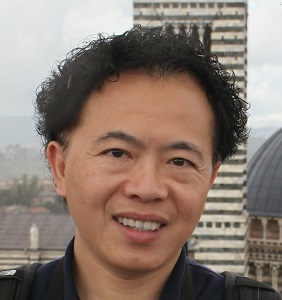
Ming-Hsuan Yang
UC Merced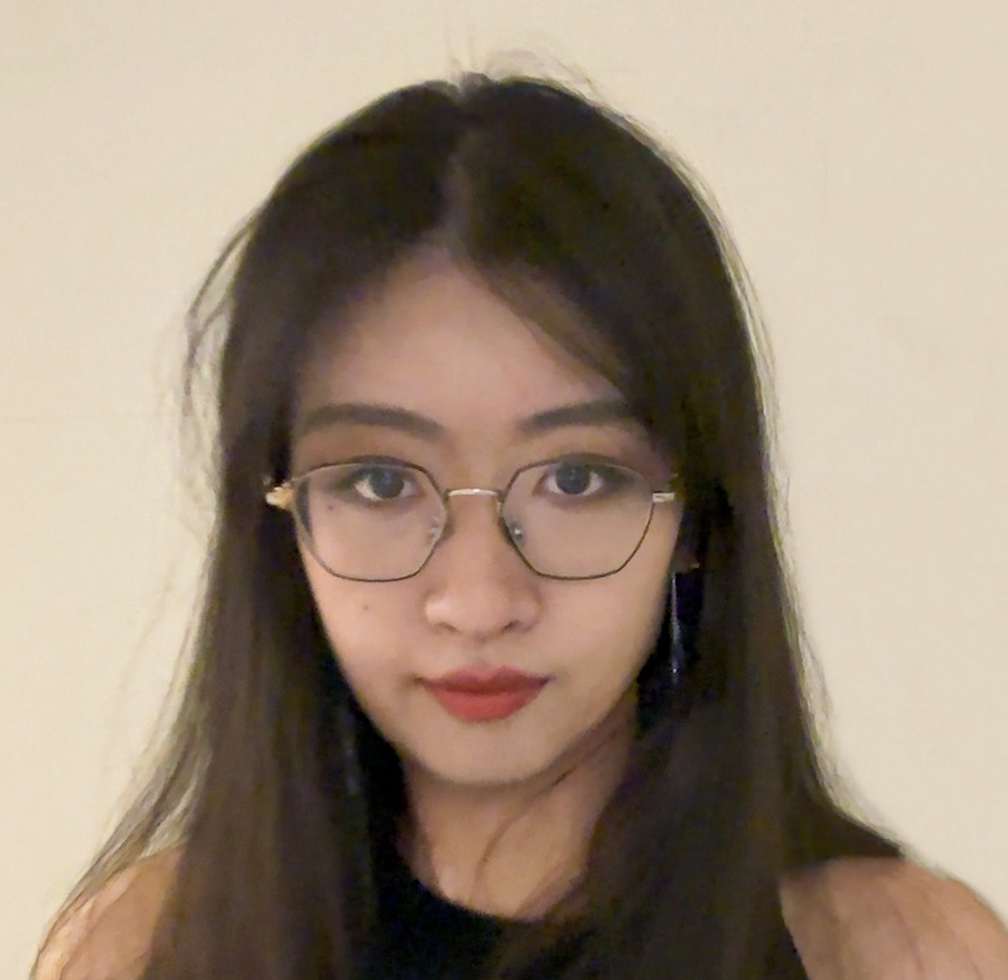
Yutong Bai
UC Berkeley (BAIR)
Shuangrui Ding
Chinese University of Hong KongOrganizers
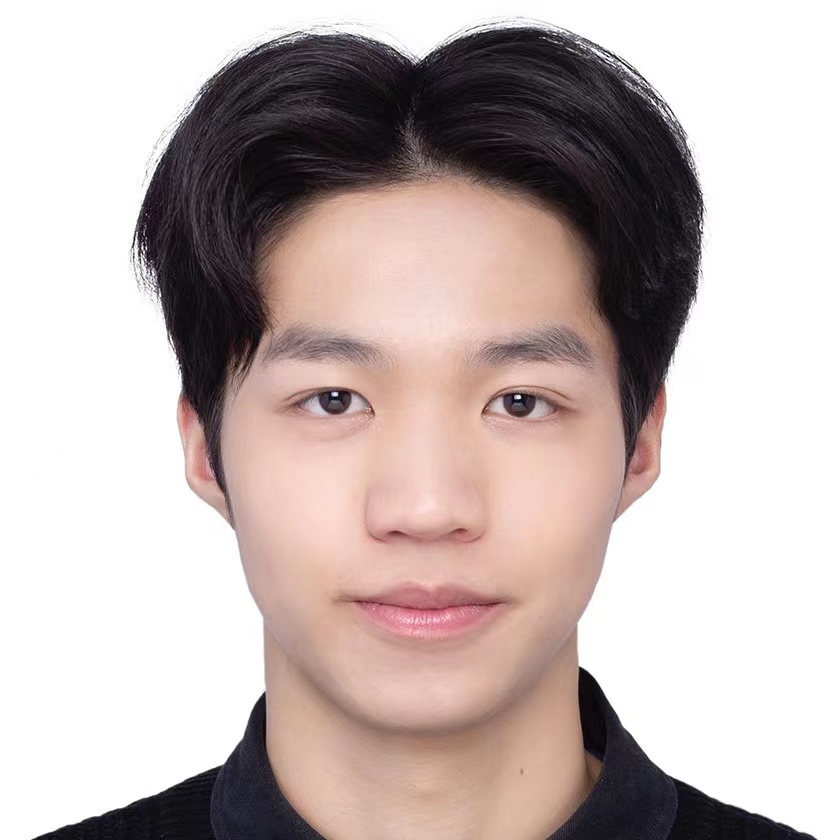
Lingyi Hong
Fudan University
Henghui Ding
Fudan University
Chang Liu
SUFE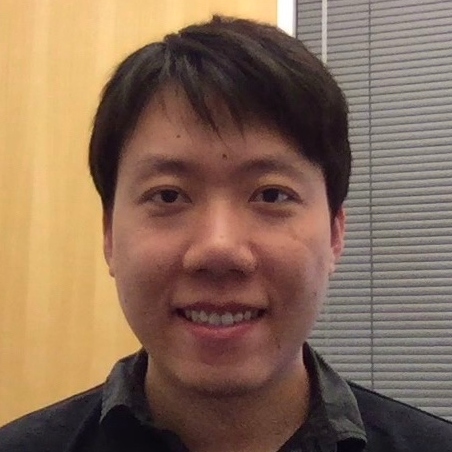
Ning Xu
Apple Inc.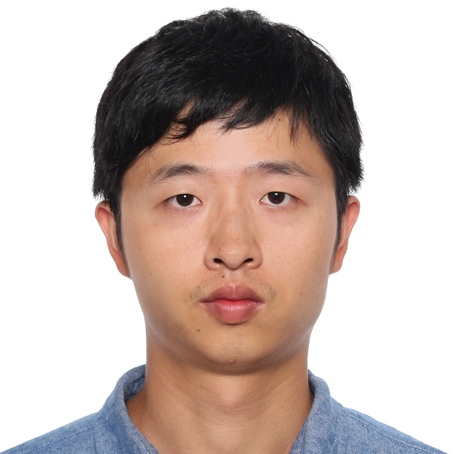
Linjie Yang
ByteDance Inc.
Yuchen Fan
Meta Reality LabsContact
Feel free to contact us:
henghui.ding@gmail.com
honglyhly@gmail.com
liuc0058@e.ntu.edu.sg